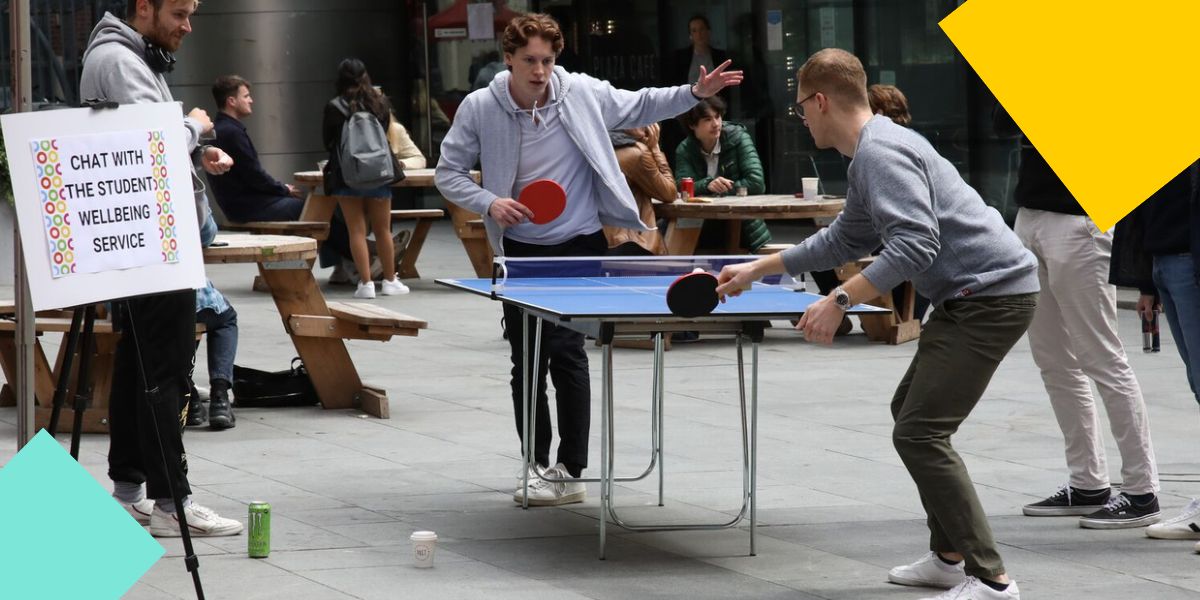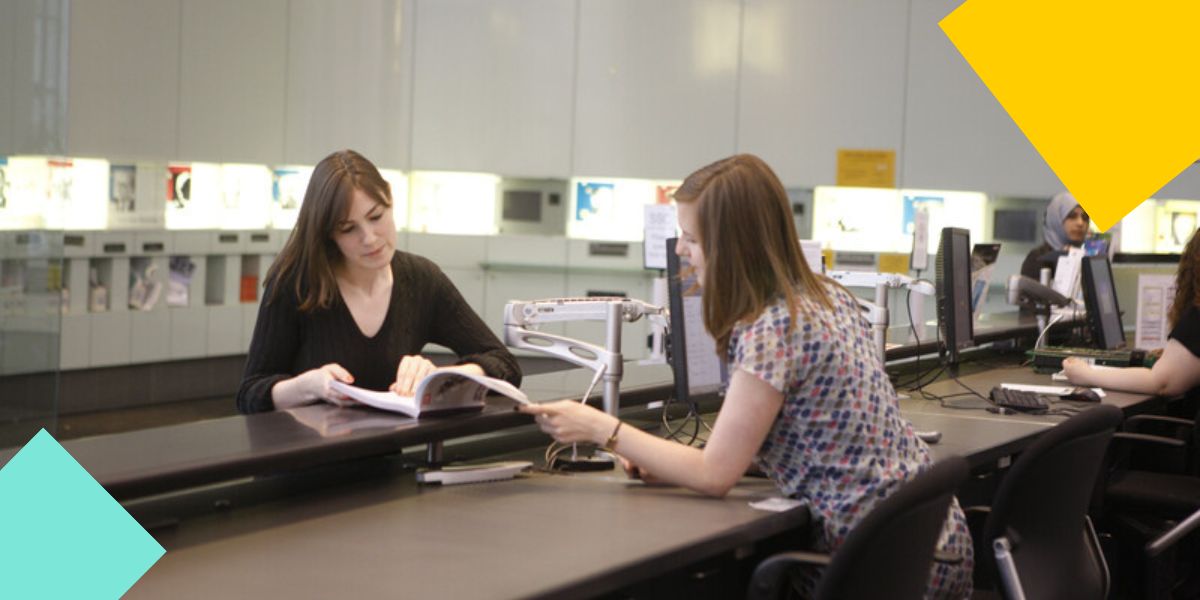Have you ever felt like you might not be good enough to pursue your goals? Have you felt like you’re not on the same page as your peers? Well, that was me in December 2022, right after Autumn Term. I later found out that these feelings were termed “imposter syndrome”, and I’d like to share how I overcame such anxiety.
What is imposter syndrome, anyway?
For those of you who may have encountered this term for the first time, imposter syndrome is an internal anxiety despite one’s visible achievements. The symptoms may vary. Some people are overly perfectionist that they never feel themselves as qualified in something, and are afraid of making mistakes. Others may be workaholic, because they care about how others might validate their worth. Sometimes, those with impostor syndrome may shy away from group work as they would doubt their own competence if they ask a single question to their peers. The syndrome may lead to a drop in self-confidence.
My Imposter Syndrome Story
Even before studying at LSE, I was pretty much obsessed with having a clear vision and roadmap of where I wanted to go (and achieve) next. Being a planner was not a bad habit by itself, as it motivated me to move forward. The problem kicked in with the start of Autumn Term in September 2022, when I joined LSE as a BSc International Relations and History student. I found myself enjoying history courses more than international relations courses, and my all-time vision of working in international organisations was shattering. While I had no idea of what I wanted to do after graduating from LSE, joining LinkedIn added insult to injury. My fellow connections seemed to have a clear job in mind, and my LinkedIn feed was bombarded with daily updates on someone getting an internship offer from somewhere. By contrast, neither history professionals nor international organisations offered internships to a first-year undergraduate. I felt like it was solely luck that I became a student at LSE, and it was a pity that my utmost priority was not about getting a job right after graduation.
How did I dealt with the negativity?
During the winter break, I took some time to reflect on my first term at university. Eventually, I ended up with a new mindset of “You do you, I do me”. There was no way I would ever be interested in consulting, finance or investment banking, although those were the three most popular industries among fellow LSE students. I knew that my imposter syndrome came from the ambiguity in my career path. Grateful that I’m not a third-year student, I had a coffee chat with second and third-year history students that I knew of. I also booked office hours with history professors to explore what becoming a professional historian might look like. I researched beyond my academic curriculum, and submitted an article to the LSE Webster of International History, a student-led history journal at LSE. I even emailed the author who published a journal article that matched my historical interests, and gratefully received a warm reply with further book recommendations. As I took more time to explore my interests, I documented my reflections so that I would not forget my findings. As my aspiration to become a historian grew stronger, I naturally overcame the imposter syndrome. It was a waste of time to be depressed after comparing myself with others.
Unfortunately, there is no magic bullet to overcoming imposter syndrome. If you’re going through it now, I’d advise you to reflect on the root cause of your imposter syndrome. Once you know the cause, seek how to resolve the issue from there. If your root cause is not addressed, your anxiety will continue no matter what. At the end of the day, you’re the one who knows you (and should love you) the most. It will be painful as you’ll have to be brutally honest to yourself. But it’s something that you should go through at some point to ultimately gain your self-esteem.





